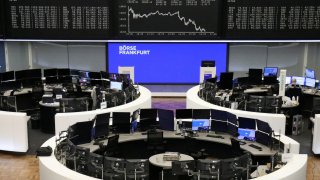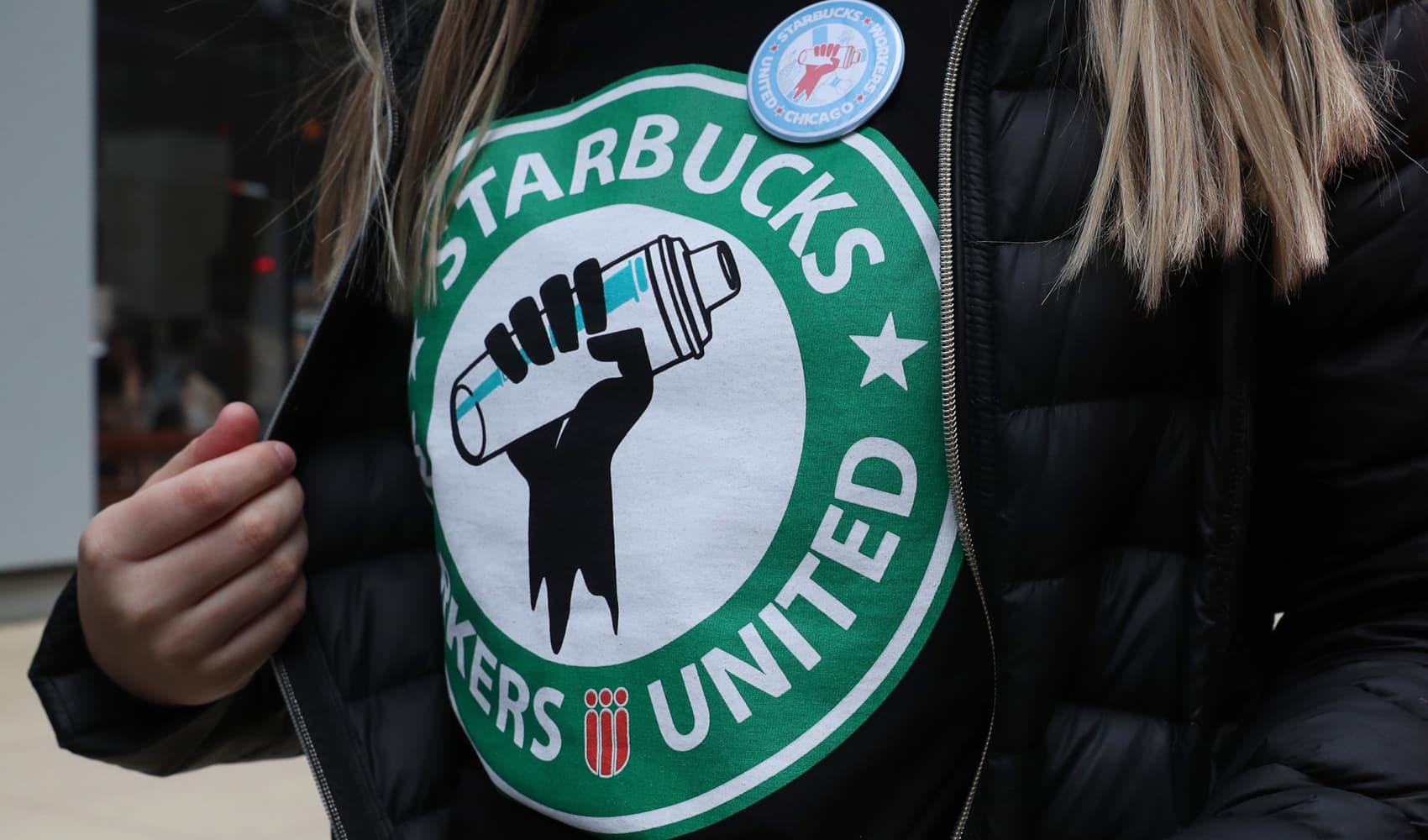
- The European Central Bank on Thursday announced a 50 basis point hike to interest rates, its first for 11 years, as concerns about runaway inflation outweighed fears of slowing growth.
- Euro zone business activity unexpectedly shrank in July, as a downturn in manufacturing gathered pace and service sector growth slowed, with rising costs forcing consumers to reduce expenditure.
LONDON — European markets closed higher on Friday as investors reacted to economic data and corporate earnings, and tried to assess the trajectory of monetary policy.
The Stoxx 600 closed 0.4% higher provisionally, with travel and leisure stocks climbing 2.4% as most sectors and major bourses finished in positive territory. The pan-European benchmark also had a good week overall, climbing almost 3%.
The European Central Bank on Thursday announced a 50 basis point hike to interest rates, its first hike for 11 years, as concerns about runaway inflation outweighed fears of slowing growth induced by Russia's war in Ukraine.
Get Boston local news, weather forecasts, lifestyle and entertainment stories to your inbox. Sign up for NBC Boston’s newsletters.
The ECB also introduced the Transmission Protection Instrument (TPI), a bond protection plan designed to cap borrowing costs across the region and limit fragmentation for indebted countries in southern Europe.
On Wall Street, U.S. stocks were lower as markets reacted to a fresh batch of corporate earnings and disappointing results from Snap, which sent social media shares plummeting and hit the tech-heavy Nasdaq 100.
On the data front in Europe, flash PMI (purchasing managers' index) readings on Friday showed that euro zone business activity unexpectedly shrank in July, as a downturn in manufacturing gathered pace and service sector growth slowed, with rising costs forcing consumers to reduce expenditure.
Money Report
The composite PMI, which encompasses both manufacturing and services, came in at 49.4, below the 50 mark that separates growth in activity from contraction.
The weak data, along with similar readings out of Germany and France individually, sent bond yields across the common currency bloc tumbling.
In the U.K., the composite reading came in at 52.8, slightly below a forecast of 53.0 and down from 53.7 in June.
British consumer confidence remained at a record low in July as soaring inflation and rising interest rates continued to weigh on morale, according to a monthly index from market research firm GfK. The index held at -41 in July, matching June's 48-year low and remaining below the levels that have previously been seen before recessions.
British retail sales fell 0.1% in June, official figures showed Friday, while May's 0.5% monthly decline was revised down from 0.5% to 0.8%.
The French finance ministry said Thursday that French economic growth will slow sharply next year as geopolitical risks mount, delaying progress on the public sector budget deficit. The ministry now sees growth in the euro zone's second-largest economy slowing from 2.5% in 2022 to 1.4% in 2023.
Italy's political uncertainty shows no sign of abating, with a snap national election now scheduled for September 25 after Prime Minister Mario Draghi resigned in the wake of a collapse of his coalition government.
The Central Bank of Russia shocked the market with 150 basis point interest rate cut, taking the key rate to 8%, as Moscow continues to recalibrate its economy in the face of international sanctions.
Earnings on Friday came from Thales, Danske Bank, Norsk Hydro, Hermes, Sika and Lonza, among others.
In terms of individual share price movement, Uniper shares plunged nearly 30% after the major gas importer agreed a 15 billion euro ($15.2 billion) bailout deal with the German government, which will see the state take a 30% stake in the company.
At the top of the Stoxx 600, Swedish cloud computing firm Sinch gained 14%, rebounding from Thursday's losses after the resignation of its CEO.
Subscribe to CNBC PRO for exclusive insights and analysis, and live business day programming from around the world.






